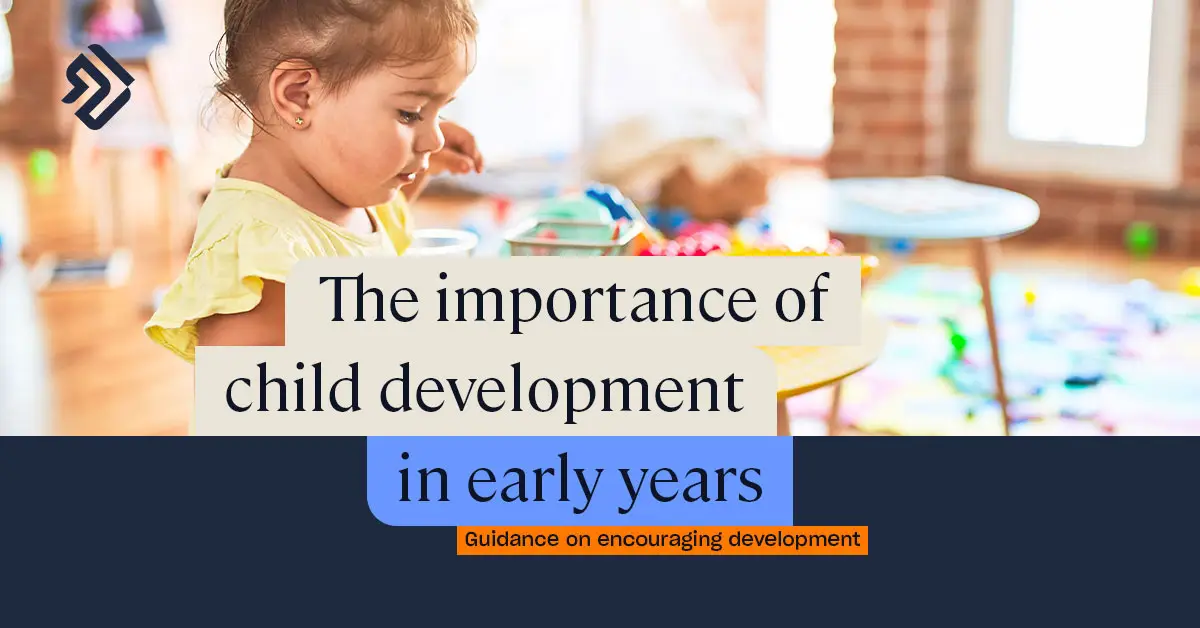Introduction to Early Childhood Education (ECE)
Early childhood education (ECE) plays a vital role in a child’s development and sets the foundation for their lifelong learning journey. During the first few years of life, children’s brains are rapidly developing, making it a critical period for learning and growth. ECE encompasses various educational activities, programs, and experiences designed for children from birth to around eight years old. These early years shape a child’s cognitive, social, emotional, and physical development, making it crucial to provide them with a strong educational foundation.
The Importance of Early Childhood Education
Early childhood education is not just about teaching basic skills and knowledge; it is about fostering a love for learning and nurturing a child’s curiosity. Research has shown that high-quality ECE programs can have a significant impact on a child’s educational outcomes and overall development. Children who have access to quality ECE are more likely to succeed academically, have better social skills, and exhibit fewer behavioral problems. They develop a strong sense of self-confidence, independence, and a positive attitude towards learning. By investing in early childhood education, we are investing in the future of our society.
Cognitive Development in Early Childhood
The period of early childhood is a crucial time for cognitive development. Children’s brains are highly adaptable during this stage, making it an opportune time for them to absorb information and develop essential cognitive skills. Through interactive play, exploration, and hands-on activities, children develop their problem-solving abilities, critical thinking skills, and creativity. Early childhood education programs provide stimulating environments that promote cognitive growth through age-appropriate activities and experiences. These experiences lay the foundation for future academic success and help children develop a lifelong love for learning.

Social and Emotional Development in Early Childhood
Early childhood education also plays a vital role in nurturing a child’s social and emotional development. In a supportive and inclusive environment, children learn to interact with their peers, develop empathy, and regulate their emotions. They learn important social skills such as sharing, taking turns, and resolving conflicts peacefully. Early childhood education programs create opportunities for children to engage in cooperative play, group activities, and develop meaningful relationships with their teachers and peers. These experiences help children build a strong sense of self, develop positive self-esteem, and establish the social and emotional foundations necessary for healthy relationships and successful future endeavors.
The Impact of Early Childhood Education on Future Success
The benefits of early childhood education extend far beyond the early years. Studies have shown that children who participate in high-quality ECE programs are more likely to graduate from high school, pursue higher education, and have successful careers. Early childhood education has a positive impact on academic achievement, leading to improved test scores and higher educational attainment. By providing children with a strong educational foundation, ECE programs equip them with the necessary skills, knowledge, and attitudes to thrive academically and professionally in the future.
Early Childhood Education and School Readiness
One of the key goals of early childhood education is to prepare children for their transition into formal schooling. High-quality ECE programs focus on developing essential pre-reading, pre-writing, and numeracy skills that lay the groundwork for future academic success. Children who have participated in such programs are more likely to enter school with a strong foundation and are better prepared to meet the academic and social demands of the classroom. Early childhood education enhances school readiness by fostering a love for learning, promoting language development, and providing children with a safe and nurturing environment to explore and grow.
The Role of Parents and Caregivers in Early Childhood Education
Parents and caregivers play a crucial role in their child’s early childhood education. They are a child’s first teachers and have a significant influence on their development. By actively engaging in their child’s learning journey, parents and caregivers can support and reinforce the lessons and experiences gained in early childhood education programs. They can create stimulating home environments, read to their children, engage in educational activities, and provide emotional support. When parents and caregivers are involved in their child’s education, it strengthens the educational foundation and sets the stage for lifelong learning.
The Benefits of High-Quality Early Childhood Education Programs
High-quality early childhood education programs offer numerous benefits to children, families, and society as a whole. These programs provide a safe and nurturing environment where children can explore, learn, and grow. They promote cognitive, social, emotional, and physical development, laying the groundwork for future success. High-quality ECE programs also support parents by offering resources, guidance, and opportunities for involvement. Additionally, these programs have a positive impact on society by reducing educational inequalities, promoting social cohesion, and contributing to the overall well-being and productivity of communities.
Access to Early Childhood Education: Challenges and Solutions
Despite the importance of early childhood education, access to quality programs remains a challenge for many families, particularly those from disadvantaged backgrounds. Limited availability, high costs, and lack of awareness create barriers to accessing quality ECE. To address these challenges, it is crucial to invest in expanding access to affordable, high-quality early childhood education programs. Governments, communities, and organizations should work together to develop policies, increase funding, and create partnerships to ensure that every child has the opportunity to receive a strong educational foundation.


